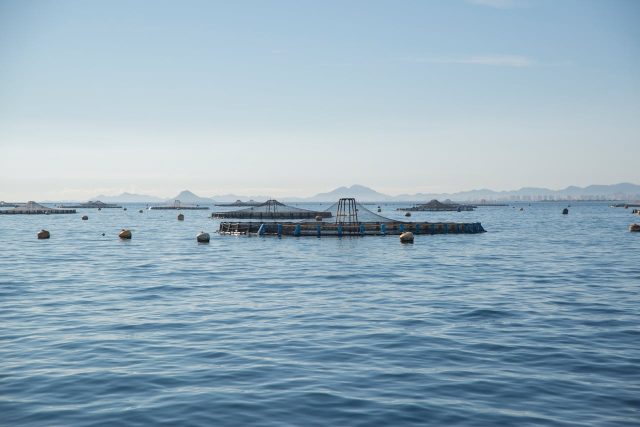
The inevitable improvement in European bureaucracy and efficiency is beginning to fall under its own weight in Brussels institutions.
Last Friday 13 September, the European Commission proposed a review of the tools and mechanisms at the EU’s disposal the fishing practices of third countries, which harm the economic interests of EU member states and impact the regeneration of ecosystems, thereby limiting the long-term survival of the European fishing industry.
The modifications aim to provide clearer guidelines to respond to unsustainable fishing practices from third countries, as well as establishing potential santions by EU countries.
The Commission proposal seeks to clarify the requirement for cooperation under international ageements, such as the United Nations Convention on the Law of the Sea , and the Agreement on the Conservation and Management of Straddling Fish Stocks. It also contemplates that a country be considered as an unsustainable fishing country when it does not uphold necessary and sufficient standards for its fishing practices to be considered sustainable. In this regard, the new anmendment aim to strengthen control processess in relation to those cases of third countries these sorts of ecosystem-destroying practices..
So far, the sanctioning tools enabled by current legislation have only been used once against the Faroe Islands in 2013, when port measures targeting herring and mackerel fisheries were imposed against the Islands.
That particular isssue ended up being resolved with the signing of an agreement to share and reduce quotas that would have been increased unilaterally by the islands and which would have resulted in an unsustainable fishing rate.
For some months now, workers in the European fishing sector have been putting pressure on the Brussels establishment through demonstrations and statements.
In fact, in some countries, such as Spain, the protests of the fishing sector ended up joining those of the livestock and farming sector, which had such a strong presence and relevance throughout Europe, and have forced the Commission to take steps like issuing advance CAP payments to farmers.
The fishermen have criticised the excessive environmentalist policy of the Von der Leyen Commission, its administrative complexity, unfair competition from other countries and the lack of incentives that contribute to a generational change in the sector.
In the absence of relevant developments in the other European institutions, the strengthening of European fisheries would have been preceded by popular pressure against disconnected and inadequate Brussels bureaucracy.
If successful, the EU would strengthen the position of its fishermen vis-à-vis those who engage in unfair competition. In this way, it will be forcefulness and determination that will ensure that the European ecosystem is protected from unfair interference from neighboring countries.
In other words, it is to be hoped that from now on European workers will be able to use the political force of their institutions to defend themselves against the unfair fishing practices of the countries of the Atlantic and the southern shores of the Mediterranean.
The changes proposed by the Commission must now be approved by MEPs, as well as by the Council of the European Union.
The new College of Commissioners must look at this issue through the lense of European competiteveness. The EU must reduce bureaucracy and continue protecting its resources to remain competitive, especially when other countries play with lower standards.
Despite the turnaround, it has taken more than ten years to focus Brussels’ characteristic bureaucracy on tackling the problems that really affect Europe’s citizens. Europe must move at a faster pace when taking these sorts of measures in order to increase its competitiveness.
While there is still a spirit of reform among some courageous politicians on the Brussels benches, there is still a long way to go to put Europe at the service of Europeans.



 Subscribe
Subscribe